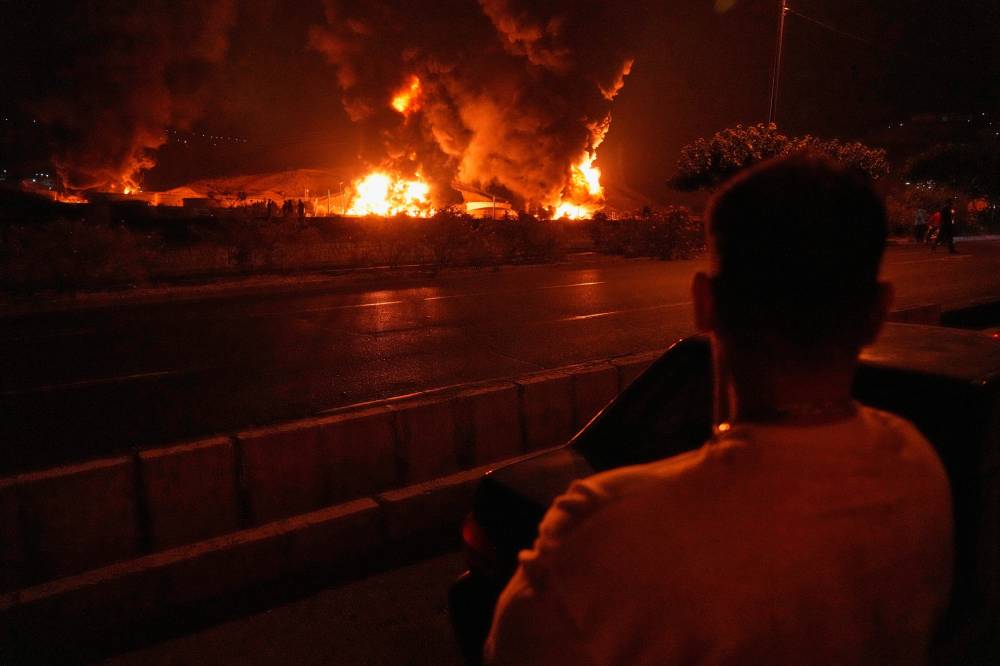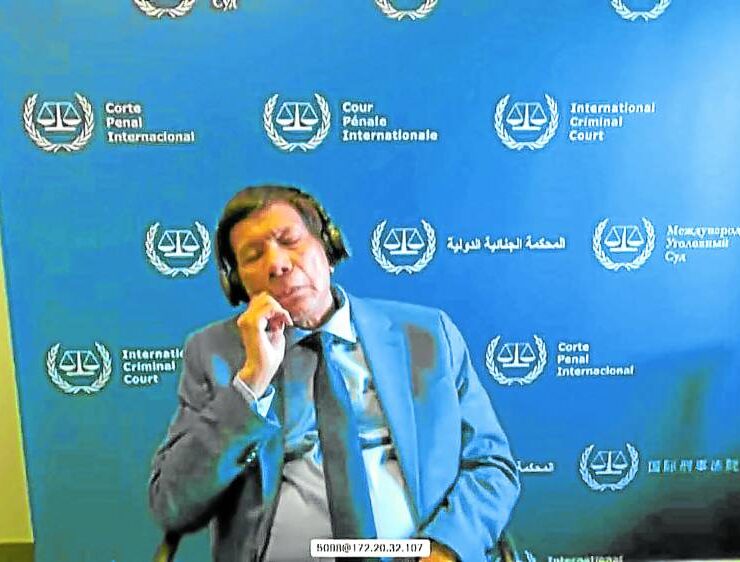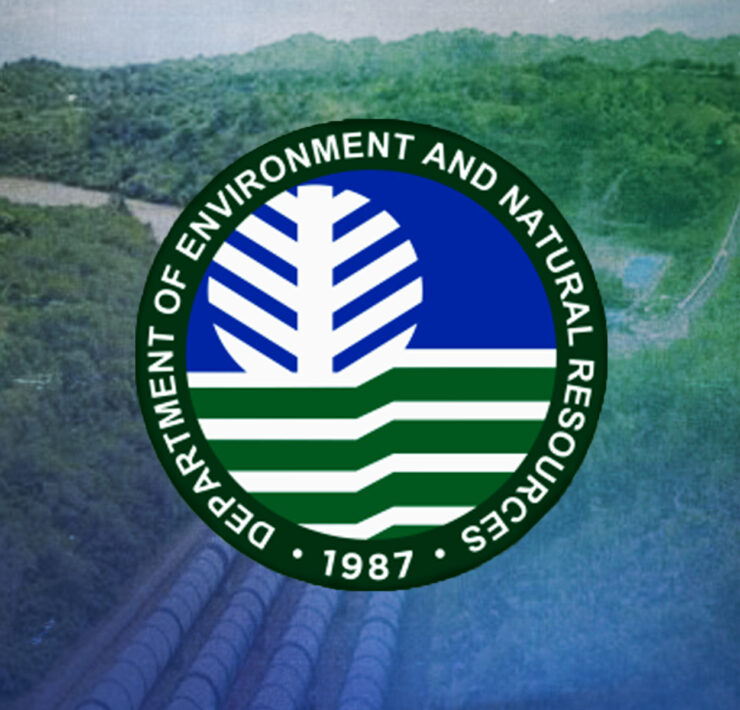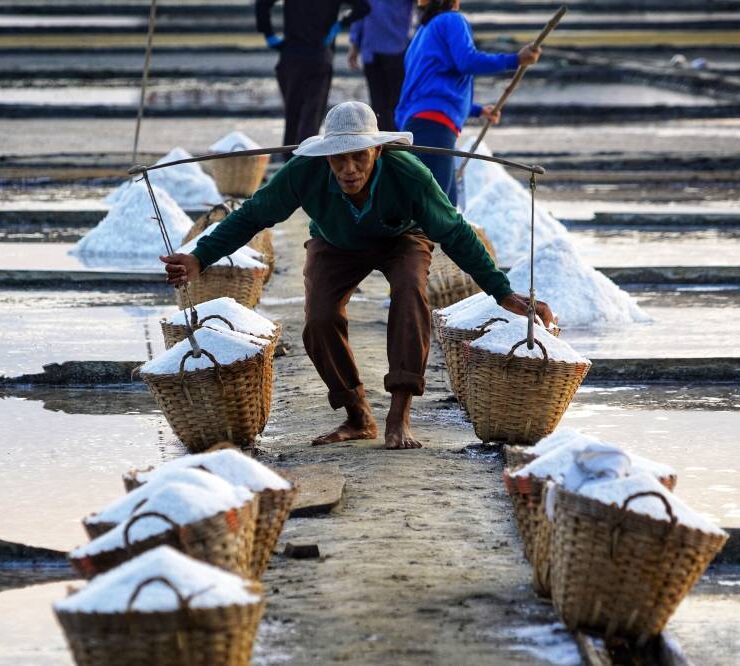‘Major oil price shock’ looms due to Israel-Iran conflict

Motorists may want to fill up their tanks ahead of next week’s price adjustments as the escalating conflict between Israel and Iran could drive local pump prices by as much as P5 per liter next week.
The Department of Energy (DOE) and Jetti Petroleum projected that gasoline prices would climb by P2.50 to P3.20 per liter while the increase in diesel is higher at P4.30 to P4.80 per liter, based on the four-day trading on the global oil market.
The DOE also said an upward adjustment in kerosene is likely, ranging between P4.25 and P4.40 per liter.
These price estimates are higher than last week’s pump price hike, when oil companies jacked up gasoline and diesel prices P1.80 a liter each while kerosene rose by P1.50 per liter.
Important gateway
“Major oil price shock is looming as the Israel-Iran conflict threatens critical global shipping passage,” Rodela Romero, assistant director of the DOE’s Oil Industry Management Bureau (OIMB), said in a Viber message.
Jetti president Leo Bellas said prices of petroleum products “have jumped considerably” this week due to increasing concerns about supply disruption resulting from the Israel-Iran conflict.
“Rising fears that the war could disrupt trade flows in the Strait of Hormuz, and concerns that a direct US involvement would widen the conflict and trigger direct attacks on energy infrastructures, have caused the further spike in prices,” Bellas said.
Situated between Oman and Iran, the Strait of Hormuz connects the Persian Gulf with the Gulf of Oman and the Arabian Sea.
“The strait is deep enough and wide enough to handle the world’s largest crude oil tankers, and it is one of the world’s most important oil chokepoints,” according to the US Energy Information Administration.
Data from the US agency showed that oil flow through the strait averaged 20 million barrels per day in 2024, equivalent to about 20 percent of global petroleum liquids consumption.
Staggered adjustment
In light of steep fuel prices, Romero said the DOE will meet with oil companies next week to tackle these issues, including the proposed staggered price adjustment of petroleum products.
The DOE had appealed to industry players to stagger the pump price hike to alleviate the burden on the general public.
It added that the government was prepared to provide fuel subsidies to sectors directly affected by fuel price hikes, including transport and agriculture, “to prevent a domino effect that could drive up the cost of basic goods and services.”
The General Appropriations Act of 2025 has earmarked P2.5 billion to provide subsidies to drivers of public utility vehicles, taxis, ride-hailing services, and delivery platforms nationwide through the Department of Transportation.
For farmers, fisherfolk
The Department of Agriculture has been allocated P585 million to aid farmers and fisherfolk who may be adversely affected by higher fuel costs.
The fuel subsidy grant for public transport drivers and farmers is automatically activated once the DOE issues a certification that the average monthly price of Dubai crude exceeds $80 per barrel.
As of writing, the price of Asian benchmark Dubai crude stood at $74.86 per barrel, about $6 away from the government threshold for providing the subsidies.





















